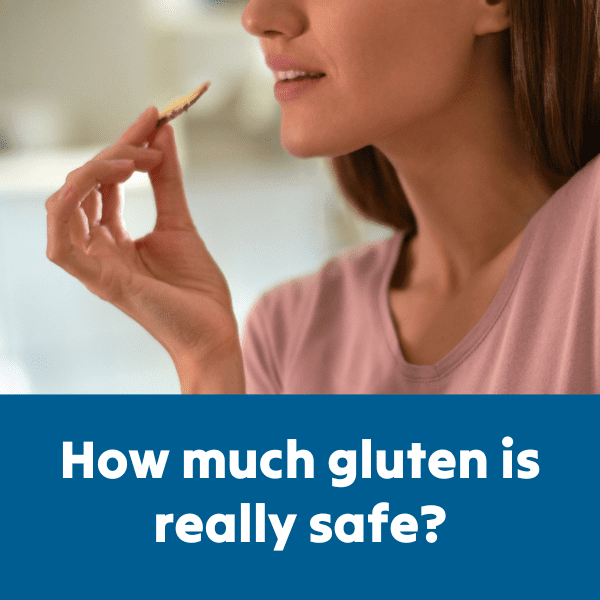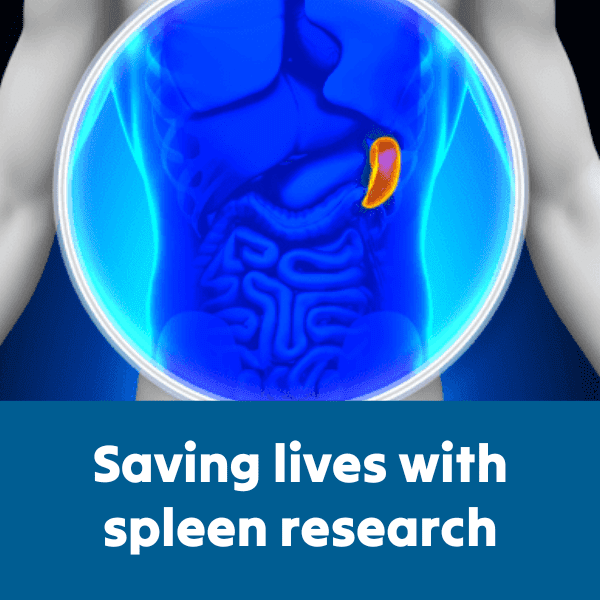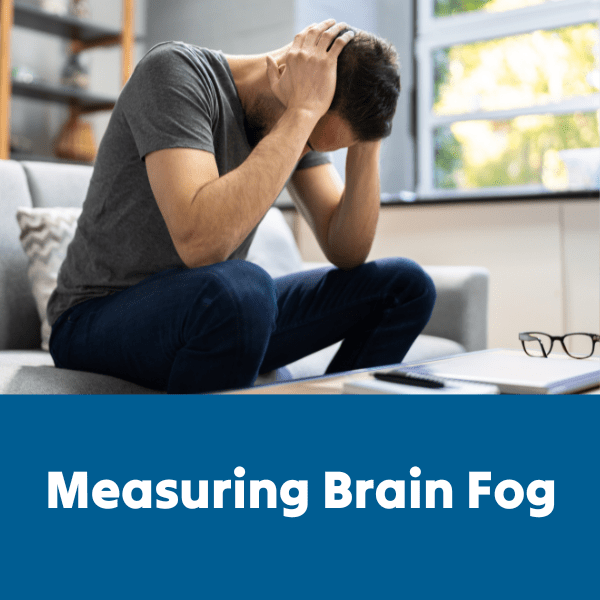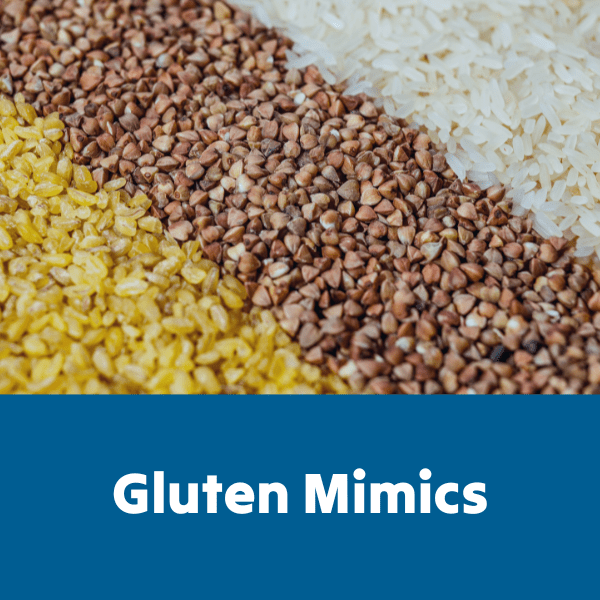Coeliac Australia is excited to launch its Annual Tax Appeal, “Shining A Light on Coeliac Disease Research,” coinciding with International Coeliac Awareness Day. We exist to enhance the lives of Australians with coeliac disease and related conditions whilst we drive the search for the prevention and cure for coeliac disease. We do this in many ways:
- Drive the national research agenda in partnership with lead researchers and institutions
- Link people with coeliac disease to information, education and support where and when they need it
- Advocate to the international community, federal government, health professionals, food industry and business for health initiatives
- Ensure a financially sustainable future for the organisation.
Research forms a vital part of our mission, alongside awareness, advocacy and education. This campaign showcases just some of the ways we are using research to advance the understanding and management of coeliac disease, as well as highlighting our most recent advocacy and awareness initiatives. We are asking our supporters to make the most of the end of the financial year to help us achieve our objectives.
Your donation powers progress
By donating to our campaign, you empower us to continue funding innovative projects that lead to tangible improvements in understanding, managing, and ultimately, conquering coeliac disease.
Our six-week fundraising campaign will shine a light on the vital work that Coeliac Australia has been able to support, thanks to the generosity of our donors. Each week, we will showcase a different project that plays a crucial role in enhancing the lives of the Australian coeliac community.
Join us in our mission to make a difference. Your support will help us continue to fund groundbreaking work that leads to tangible improvements in the lives of people living with coeliac disease.
Together, let’s make strides towards a future where coeliac disease is better understood, managed, and ultimately, conquered. Stay tuned for updates as we embark on this journey of discovery and hope.
Advocating for clearer allergen labelling
Coeliac Australia advocates on behalf of those with coeliac disease to push for accurate and clear labelling on packaged food products and in the food-service setting.
Following a three year transition period, ‘Plain English Allergen Labelling’ legislation is now in place. Coeliac Australia submitted feedback during the process to help guide the development of this legislation with consumer needs in mind. The changes to labelling requirements aim to make labelling clearer and more consistent for consumers with allergies or coeliac disease. A training session is planned to upskill members in this area.
We are currently involved in a working group to create a Best Practice Guideline for the communication of allergen information in a Quick Service Restaurant (QSR) environment (for both intentionally present allergens and unintentional allergen presence). The aim of these guidelines will be to ensure transparent and consistent information is provided to consumers, allowing an informed choice.
We are always looking for opportunities to collaborate with the food industry, food enforcement agencies and legislators, both in Australia and more broadly overseas to ensure consumers have access to the information they need to choose foods safely.
Increasing diagnosis rates
Increasing diagnosis rates by highlighting the diverse symptoms of coeliac disease
It is estimated that 1 in 70 Australians live with coeliac disease, yet concerningly approximately 80% of these individuals remain undiagnosed. This gap in diagnosis highlights the need for increased awareness and understanding of the wide-ranging symptoms of the disease, extending beyond the conventional gastrointestinal signs.
New Insights
To understand what prompted our members to initiate their journey to diagnosis, and inform our 2024 Coeliac Awareness Week campaign, Coeliac Australia conducted an online poll of our member database. This poll uncovered a valuable result – that 66% of diagnoses were attributed to non-gastrointestinal signs and symptoms. This was an interesting insight, given gut symptoms have traditionally associated with coeliac disease. Another finding was that 31% of participants received their diagnosis following abnormal blood tests that indicated nutrient deficiencies or issues with liver enzymes, while 11% identified chronic symptoms such as fatigue, joint pain, and skin rashes as key factors leading to their diagnosis.
Our research


This study is working towards a simple blood test to replace the existing invasive coeliac disease diagnosis process.


The short answer is that we don’t really know. There is a distinct lack of high-quality studies that clearly define a ‘safe’ level of gluten intake for people with coeliac disease.


This study explores Hyposplenism (a poorly functioning spleen often linked to coeliac disease), which increases susceptibility to life-threatening pneumonia and sepsis.


Researchers are examining whether hookworms, a gut parasite, may improve gluten tolerance in people with coeliac disease.


Recent research has made significant strides in understanding and measuring “brain fog” among individuals with coeliac disease.
Donate now
Coeliac disease significantly impacts numerous individuals and their families across Australia. Our initiatives are strategically designed to directly benefit the coeliac community, with groundbreaking projects that explore the fundamental mechanisms of coeliac disease, aiming to enhance diagnosis, treatments, and overall management from every conceivable angle.
Donate now to support the work of Coeliac Australia, and contribute to a future where coeliac disease is better understood, managed, and ultimately conquered.
By sharing your email address, you’ll also receive updates from Coeliac Australia, including news and essential advice from experts.
Remember, if you’re completing this quiz for someone else such as your child or a family member, please use their details below.
Now, let’s start.
Your results
You have now completed the quiz.
Your results indicate you have one or more symptoms or risk factors for coeliac disease.
The results of this quiz indicate that you currently don’t have any symptoms or risk factors that would suggest screening for coeliac disease is appropriate right now.
No matter your results from this quiz, we’re here to help. If you would like to talk to someone about other symptoms, the diagnosis process or learn more about Coeliac Australia, please reach out to us through our helpline at 1300 458 836 or email info@coeliac.org.au










